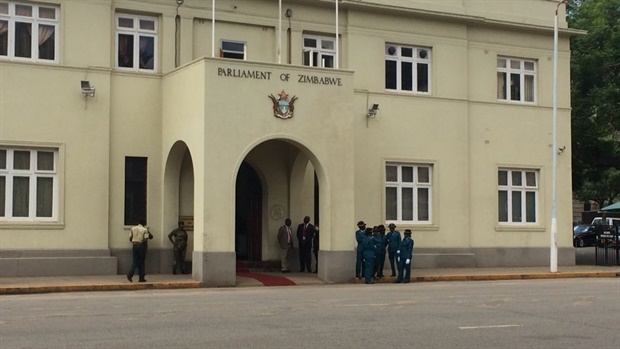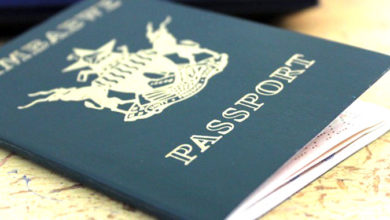PR system not a magic bullet for women in politics

A lecturer in International Relations of the Global South has said that the Proportional Representation (PR) system is preventing women who are not in party structures from advancing to top leadership positions.
The PR system was designed to empower women by increasing the number of women in political positions by reserving seats specifically to be occupied by women.
However, speaking during an online meeting hosted by Accountability Lab Zimbabwe on the Developments in the 2023 Zimbabwe elections and implications for democracy and democratization, the lecturer, Kuziwakwashe Zigomo of the University of Kent, said that the system is not enough to target gender alone while ignoring other critical aspects that can open up various layers of discrimination against women.
“If you are ignoring other factors like party identification, age, class, marital status, if these things are not addressed then PR can in the sense perpetuate those inequalities by keeping certain women out and preventing other women who aren’t in party structures from advancing to the top echelons of their parties,” she said.
Zigomo said that the discrimination of women in politics tends to be both systematic and structural. She said that the intersection of being a female along with one’s party identification, class, age, and marital status can be a critical intersection that can open up multiple layers of discrimination for women.
She also noted that a number of women independent candidates who participated in the 2018 election did not participate in the 2023 election as they were not aligned with any political party.
“We don’t have a shortage of women who participate in elections, we also don’t have a shortage of women who necessarily run because in 2018 if you did notice we had a sizable number of independent candidates running in multiple constituencies in Harare, not just as independents but in the political party structures, you noticed in this election a lot of those women who ran as independents in 2018 were no longer running and this attributes to the intersection of party identification and gender,” she said.
Zigomo said that it is not just enough to be a woman or for female voters to vote for a candidate because she is a woman. She said that party identification tends to trump a lot of these other factors, so it matters in terms of the party that one is coming from.
She also said that when women get into party systems, they also face other discrimination factors that prevent them from moving up in the hierarchy of those party structures.
“The other factors when women go into the system, they face also other factors of discrimination that will prevent them from moving up in the hierarchy of those party structures and the leadership, we know also that the majority of women or the majority of party members tend to be women as well notably and it doesn’t necessarily mean that women will necessarily advance the views or will necessarily prefer a female candidate to go up to the top levels,” said Zigomo.






